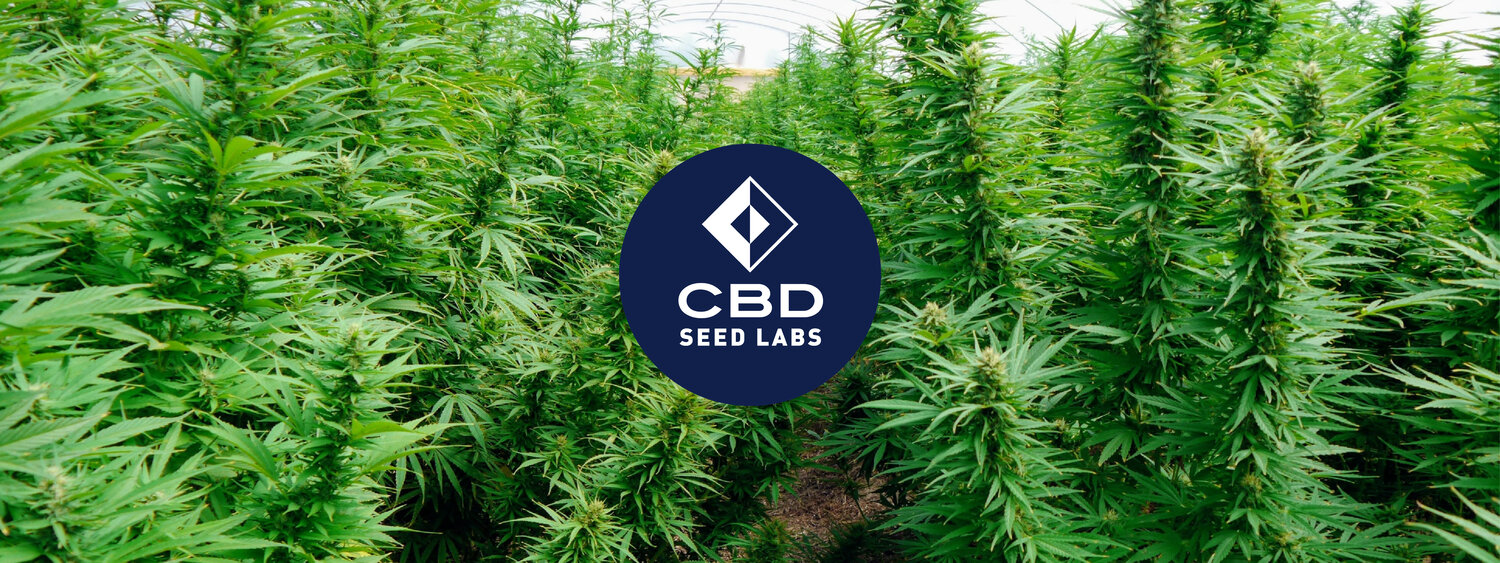Grow Hemp in New Jersey
1) How does the 2018 Farm Bill affect hemp production in New Jersey?
In August of 2019, the NJ Hemp Farming Act, (P.L.2019, c.238 ) was signed into law. This law legalizes hemp production in New Jersey, permitting farmers and businesses to grow, handle, process, and sell hemp for commercial purposes, pursuant to an application process established by the New Jersey Department of Agriculture (NJDA)
2) Is industrial hemp production economically viable for New Jersey?
The Hemp Industries Association (HIA) reported total United States sales of hemp products at nearly $800 million in 2017, with significant increases in the sale of hemp-based products, foods, and supplements as compared to 2016 estimates. Although industrial hemp production may provide an opportunity for New Jersey, it is crucial that producers carefully examine the market and accessibility of market channels as part of a marketing plan for their operation.
3) Is hemp oil the same as CBD oil?
Cannabidiol oil is sometimes called “hemp oil.” CBD oil should not be confused with hemp seed oil. Cannabidiol is a naturally occurring compound largely found in and extracted from the resinous flowers of cannabis. CBD is one of more than a hundred phytocannabinoids, which are unique to cannabis. Seed oil is made from pressing the hemp seed, similar to the processing of oil from sunflower or canola seed.
4) What are commercial applications of Hemp?
Industrial hemp is grown mainly for fiber production (fabrics, yarns, paper products, construction materials, etc.) or seed production (food products, culinary oils, soaps, lotions, cosmetics). Some varieties are suitable for dual-use production. Hemp is also grown for the production of cannabidiol oil extracted from resins produced largely in its flowers
5) How can I apply to grow hemp in New Jersey?
2021 NJ Hemp Grower Application
2021 NJ Processor/Handler License Application
2021 NJ Hemp Instructions and Attachments
